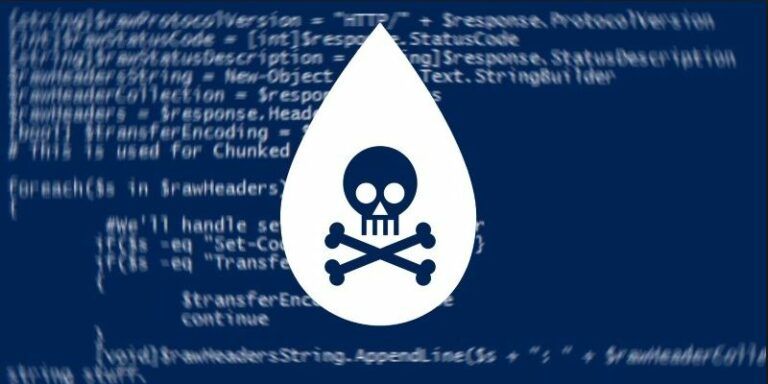The US Justice Department announced on Friday an indictment charging twelve Russian citizens for attempting to use Bitcoin (BTC) to engage in money laundering activities. The accused, according to the indictment brought forward by the Special Counsel’s Office, used the cryptocurrency to hide their alleged involvement in interfering with the 2016 U.S. presidential elections.
Reportedly, the accused are members of Russia’s Main Intelligence Directorate (GRU) and have been charged with trying to hack the US Democratic Congressional Campaign Committee’s servers.
The GRU officials, who’re part of the Russian military, have also been indicted on charges of engaging “in a sustained effort to hack” the Democratic National Committee’s (DNC) private databases. All twelve defendants have been accused of trying to unlawfully gain access to confidential information related to former US Secretary of State Hillary Clinton’s presidential campaign.
Defendants “Conspire To Hack” Government Servers
It’s believed that through these data breaches, the accused Russian officers leaked classified information and labeled it as “Guccifer 2.0” and “DCLeaks.” These incidents can be traced back to July 2016 when the DNC revealed that their computer systems had been infiltrated by two different Russian entities known as “Cozy Bear” and “Fancy Bear.”
The Russian hackers then reportedly went on to share thousands of DNC’s confidential messages with Guccifer 2.0, a Romanian hacking group. Soon after this, compromised classified information was posted on WikiLeaks.
US Special Counsel Robert Mueller was quick to follow up on these incidents and now all twelve of the Russian military’s intelligence officers have been indicted by District of Columbia’s grand jury.
Charges levied against the defendants include interfering with the US state boards of election and obtaining unauthorized access to private information belonging to the secretaries of state by “conspir[ing] to hack into [their] computers.” Charges also include tampering with elections software, although it isn’t clear whether the hackers influenced the electoral voting process.
Notably, Mueller’s investigation suggests that the accused used spear-phishing attacks, which are fraudulent emails sent from compromised accounts of trusted senders with the intention of obtaining confidential information from unsuspecting recipients. “X-Agent” (or “Sofacy”), the tool allegedly used for spear-phishing, is believed to also have been used by other Russian hackers reportedly linked to the GRU.
Bitcoin Used To Buy Servers
Interestingly, in a possible attempt to prevent these crimes from being traced back to them, the Russian hackers bought bitcoin and used the pseudonymous cryptocurrency to purchase servers and other computer accessories.
The computing hardware is believed to have been used to help them infiltrate private US government networks. In addition to being charged for influencing and interfering with the 2016 US presidential elections, the accused have been charged with using bitcoin to engage in money laundering activities.
The federal level indictment consists of 11 criminal counts with Count Ten alleging that the Russian intelligence officials. It reads
“[The] Defendants conspired to launder the equivalent of more than $95,000 through a web of transactions structured to capitalize on the perceived anonymity of cryptocurrencies such as bitcoin.”









